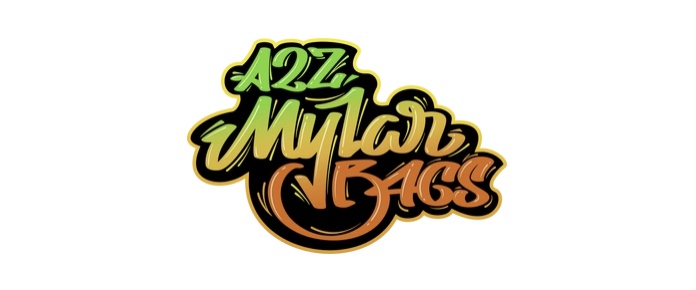Regulatory Aspects of Mylar Packaging: Navigating the Legal Landscape
Introduction to Regulatory Compliance in Mylar Packaging
In the packaging industry, navigating the legal and regulatory landscape is crucial. For mylar packaging, this involves adhering to various national and international standards to ensure safety, environmental responsibility, and consumer protection.
Food Safety Regulations
Compliance with FDA and EU Standards
In the United States, mylar packaging used for food products must comply with FDA (Food and Drug Administration) regulations. In the European Union, similar compliance with EU food safety standards is required.
Ensuring Non-Toxicity
Mylar bags intended for food contact must be free of harmful substances. Regular testing is necessary to ensure that these bags don't leach chemicals into food products.
Environmental Regulations
Waste Management and Recycling Laws
Different regions have laws regarding the disposal and recycling of packaging materials, including mylar. Manufacturers and distributors must be aware of and comply with these regulations to reduce environmental impact.
Biodegradable and Recyclable Options
As environmental consciousness rises, regulatory bodies are increasingly focusing on the sustainability of packaging materials. This includes encouraging the use of biodegradable and recyclable mylar options.
Labeling and Packaging Standards
Accurate and Informative Labeling
Mylar packaging must adhere to strict labeling standards. This includes providing accurate product information, ingredients, and usage instructions, as well as adhering to specific font size and language requirements.
Child Safety and Tamper-Evidence
For certain products, like pharmaceuticals and hazardous materials, mylar packaging must include child-resistant features and tamper-evident designs to comply with safety regulations.
International Trade and Compliance
Adhering to Global Standards
Companies exporting products in mylar packaging must comply with international packaging standards. This includes understanding and adhering to the packaging regulations of the destination country.
Certification and Inspection
Products packaged in mylar may require specific certifications or inspections before entering certain markets, ensuring compliance with international trade laws.
Industry-Specific Regulations
Pharmaceutical and Medical Industry
Mylar packaging in the pharmaceutical and medical industry must meet stringent standards for sterility and protection against contamination.
Electronics and Hazardous Materials
For electronics or hazardous materials, mylar packaging must meet specific regulations related to static discharge, material safety, and containment.
Keeping Up with Regulatory Changes
Ongoing Monitoring and Adaptation
Businesses using mylar packaging must continually monitor regulatory changes and adapt their practices accordingly to remain compliant.
Collaboration with Regulatory Experts
Collaborating with legal and regulatory experts can help businesses navigate this complex landscape and ensure that their mylar packaging meets all necessary standards.
Conclusion: Compliance as a Priority
Navigating the regulatory aspects of mylar packaging is essential for legal compliance and market success. By understanding and adhering to the various food safety, environmental, labeling, and industry-specific regulations, businesses can ensure their mylar packaging is safe, compliant, and effective. Staying informed and adaptable in this dynamic regulatory environment is key to maintaining compliance and protecting consumer safety.


No comments yet